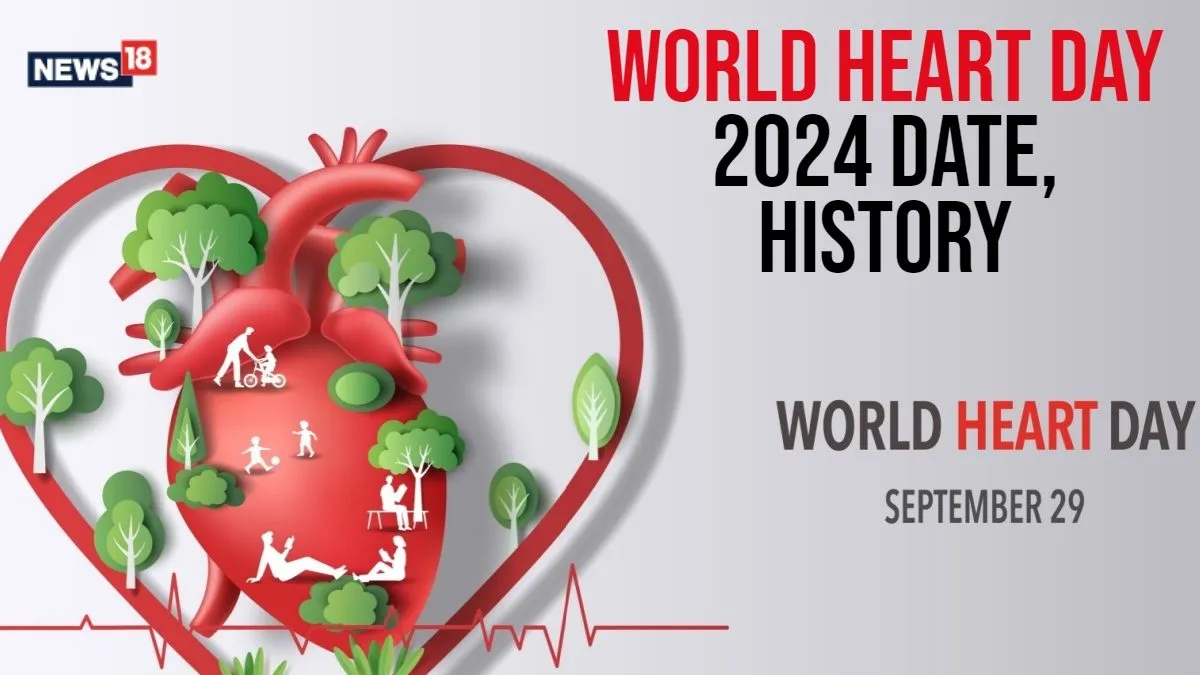World Heart Day 2024: Understanding Its Significance and Key Tips for Heart Health

History of World Heart Day
World Heart Day has an impactful history, originating from the efforts of Antoni Bayés de Luna, the WHF president from 1997 to 1999. He sought to launch a global initiative focused on preventing heart disease with the help of the WHO. The inaugural event occurred on September 24, 2000, before shifting to September 29 in 2012, aligning with the WHF's anniversary.
Significance of Heart Health
World Heart Day serves as a compelling call to raise awareness about cardiovascular diseases (CVD). CVD contributes to approximately 18 million deaths annually. Recognizing the warning signs of heart attacks and contributing factors such as poor diet and smoking is vital for prevention.
Educational Initiatives
- World Heart Day educates about programs for avoiding and managing heart diseases.
- It promotes policies linking to heart health, focusing on issues like tobacco control and healthy food policies.
- The event encourages collective action among governments and organizations to combat heart diseases.
Heart Attack Warning Signs
Common warning signs of a heart attack include:
- Pain, pressure, or heaviness in the chest lasting longer than a few minutes.
- Pain or discomfort in arms, back, neck, jaw, or stomach.
- Shortness of breath, possibly alongside chest discomfort.
- Other signs: Cold sweating, nausea, dizziness, or fainting.
Women may experience symptoms differently, such as unique chest discomfort or abdominal pain.
Heart Health Tips
To prevent heart disease and reduce heart attack risks, consider the following tips:
- Quit smoking.
- Maintain a healthy weight.
- Engage in at least 150 minutes of moderate-intensity aerobic activities each week.
- Consume low-fat, high-fiber foods, and eat at least 5 servings of fruits and vegetables daily.
- Practice moderate alcohol consumption.
- Incorporate stress-reducing activities like meditation.
- Regularly monitor your blood pressure, cholesterol, and blood sugar levels.
Disclaimer: The information provided on this site is for informational purposes only and is not intended as medical advice. We are not responsible for any actions taken based on the content of this site. Always consult a qualified healthcare provider for medical advice, diagnosis, and treatment. We source our news from reputable sources and provide links to the original articles. We do not endorse or assume responsibility for the accuracy of the information contained in external sources.
This article was prepared using information from open sources in accordance with the principles of Ethical Policy. The editorial team is not responsible for absolute accuracy, as it relies on data from the sources referenced.